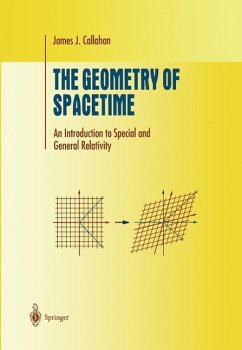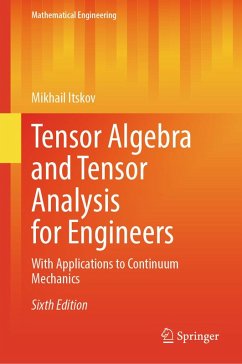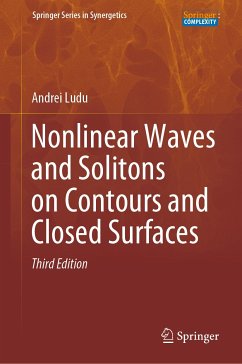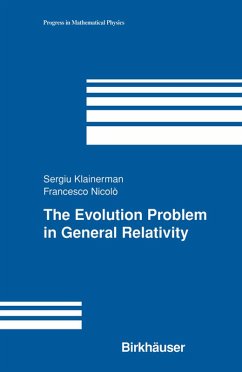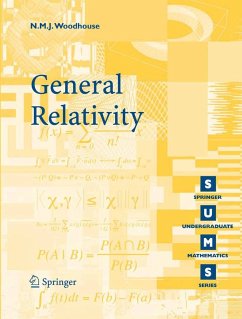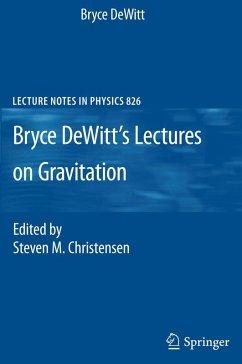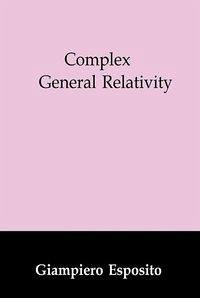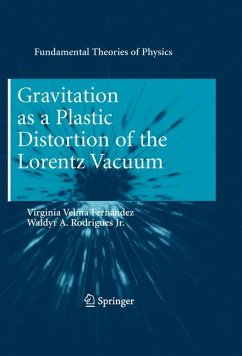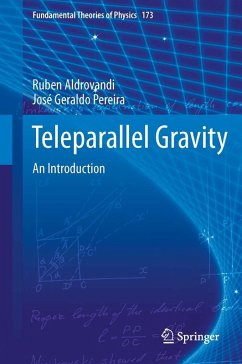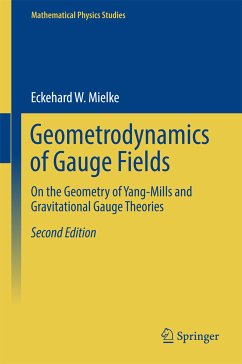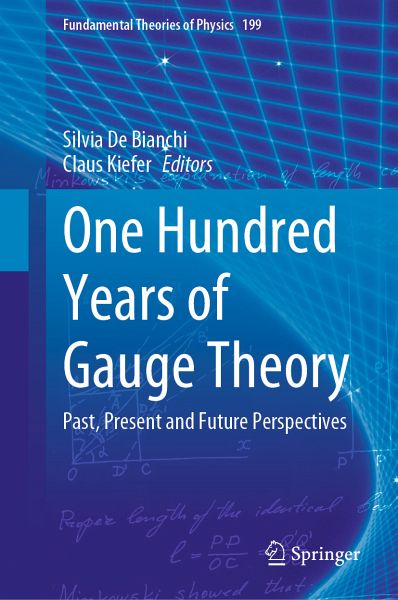
One Hundred Years of Gauge Theory (eBook, PDF)
Past, Present and Future Perspectives
Redaktion: De Bianchi, Silvia; Kiefer, Claus
Versandkostenfrei!
Sofort per Download lieferbar
80,95 €
inkl. MwSt.
Weitere Ausgaben:

PAYBACK Punkte
40 °P sammeln!
This book presents a multidisciplinary guide to gauge theory and gravity, with chapters by the world's leading theoretical physicists, mathematicians, historians and philosophers of science. The contributions from theoretical physics explore e.g. the consistency of the unification of gravitation and quantum theory, the underpinnings of experimental tests of gauge theory and its role in shedding light on the relationship between mathematics and physics. In turn, historians and philosophers of science assess the impact of Weyl's view on the philosophy of science. Graduate students, lecturers and...
This book presents a multidisciplinary guide to gauge theory and gravity, with chapters by the world's leading theoretical physicists, mathematicians, historians and philosophers of science. The contributions from theoretical physics explore e.g. the consistency of the unification of gravitation and quantum theory, the underpinnings of experimental tests of gauge theory and its role in shedding light on the relationship between mathematics and physics. In turn, historians and philosophers of science assess the impact of Weyl's view on the philosophy of science.
Graduate students, lecturers and researchers in the fields of history of science, theoretical physics and philosophy of science will benefit from this book by learning about the role played by Weyl's Raum-Zeit-Materie in shaping several modern research fields, and by gaining insights into the future prospects of gauge theory in both theoretical and experimental physics. Furthermore, the book facilitates interdisciplinary exchange and conceptual innovation in tackling fundamental questions about our deepest theories of physics.
Graduate students, lecturers and researchers in the fields of history of science, theoretical physics and philosophy of science will benefit from this book by learning about the role played by Weyl's Raum-Zeit-Materie in shaping several modern research fields, and by gaining insights into the future prospects of gauge theory in both theoretical and experimental physics. Furthermore, the book facilitates interdisciplinary exchange and conceptual innovation in tackling fundamental questions about our deepest theories of physics.
Chapter "Weyl's Raum-Zeit-Materie and the Philosophy of Science" is available open access under a Creative Commons Attribution 4.0 International License via link.springer.com
Dieser Download kann aus rechtlichen Gründen nur mit Rechnungsadresse in A, B, BG, CY, CZ, D, DK, EW, E, FIN, F, GR, HR, H, IRL, I, LT, L, LR, M, NL, PL, P, R, S, SLO, SK ausgeliefert werden.



